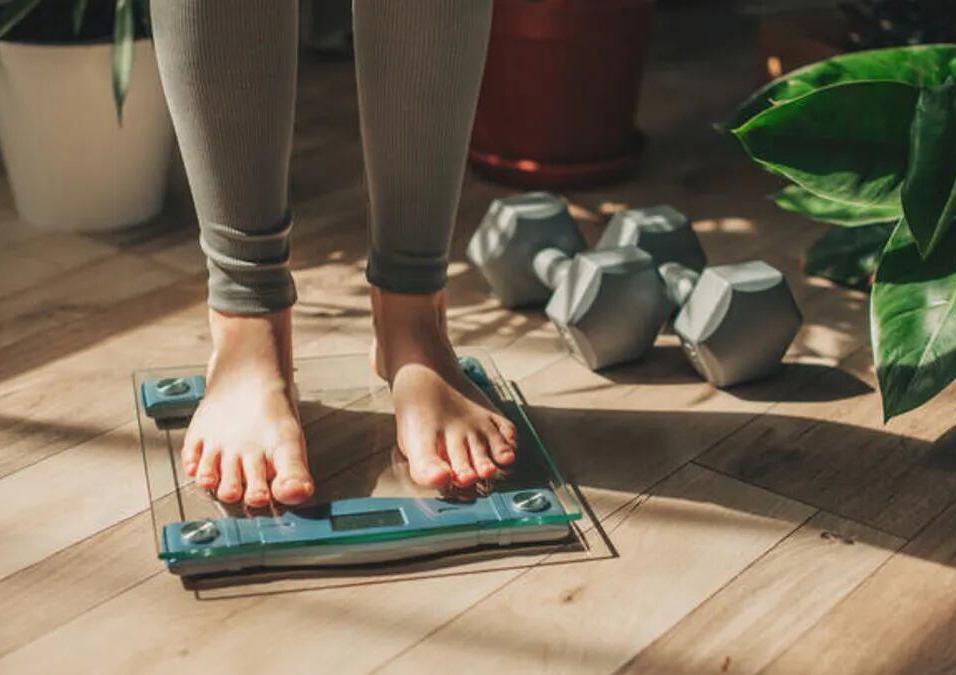When and How to Weigh Yourself

SIGN UP FOR YOUR FREE DAY PASS TODAY!
If you're finding it tough to hit your weight loss targets, it might be time to reassess and tweak a few habits.
While the number on the scale isn't the sole indicator of your weight loss progress, tracking it accurately can still be helpful in understanding where you stand.
To do this, it's crucial to weigh yourself at the right time and in the right way.
When you have a healthy perspective on weighing yourself, the figure you see can offer valuable insights into your progress towards your overall health goals or help you shift your attention to body recomposition.
Let's explore a few key points about how and when to weigh yourself for consistent results each time. Follow these straightforward steps to become adept at weighing yourself accurately.
For additional wellness tips, check out exercises that burn fat at home, discover why weightlifting may be essential for weight loss, and learn from a visual guide to ensure you're consuming enough protein.
Best Time to Weigh Yourself
For the most accurate scale reading, weigh yourself first thing in the morning, right after using the bathroom and before eating or drinking anything.
Experts agree that morning is optimal because your body has had the time to digest everything from the previous day, leaving your stomach fairly empty.
Times to Avoid Weighing Yourself
While no specific time is the worst, it's wise to avoid weighing yourself after activities that could skew your weight, like consuming a large meal or drinking a significant amount of liquid.
These activities can temporarily increase your weight. Similarly, it's best to avoid weighing yourself after a workout, as you'll weigh less due to water loss from sweating.
If you menstruate, consider skipping the scale in the days leading up to your period. Hormonal changes can cause weight fluctuations that might affect the number you see.
Remember, it's normal for your weight to vary throughout the day and from day to day. If you have concerns about sudden weight changes, consult your doctor promptly.
Tips for an Accurate Weigh-In
In addition to weighing yourself at the best time of day, there are other ways to ensure accurate readings, especially when tracking weight changes.
- Weigh yourself once a week at the same time of day.
- Place your scale on a solid, flat surface for consistent readings.
- Stand barefoot, ensuring your weight is evenly distributed between both feet.
- Wear minimal clothing, and keep your attire consistent for each weigh-in to maintain accuracy.
When to Step Away from the Scale
If weighing yourself is causing distress, it's okay to stop. Consider breaking up with your scale if you experience:
- Negative thoughts triggered by stepping on it.
- Frequent anxiety or sadness from weighing yourself.
- Unsafe or unhealthy behaviors linked to weighing yourself.
- An eating disorder, whether developing, recovering from, or having experienced one in the past.
For further reading, check out "Your Weight Isn't Everything: 6 Health Metrics That Are More Important."
Source: cnet
The opinions shared in the GymNation blog articles are solely those of the respective authors and may not represent the perspectives of GymNation or any member of the GymNation team.
GET YOUR FREE TRIAL TODAY

















































































